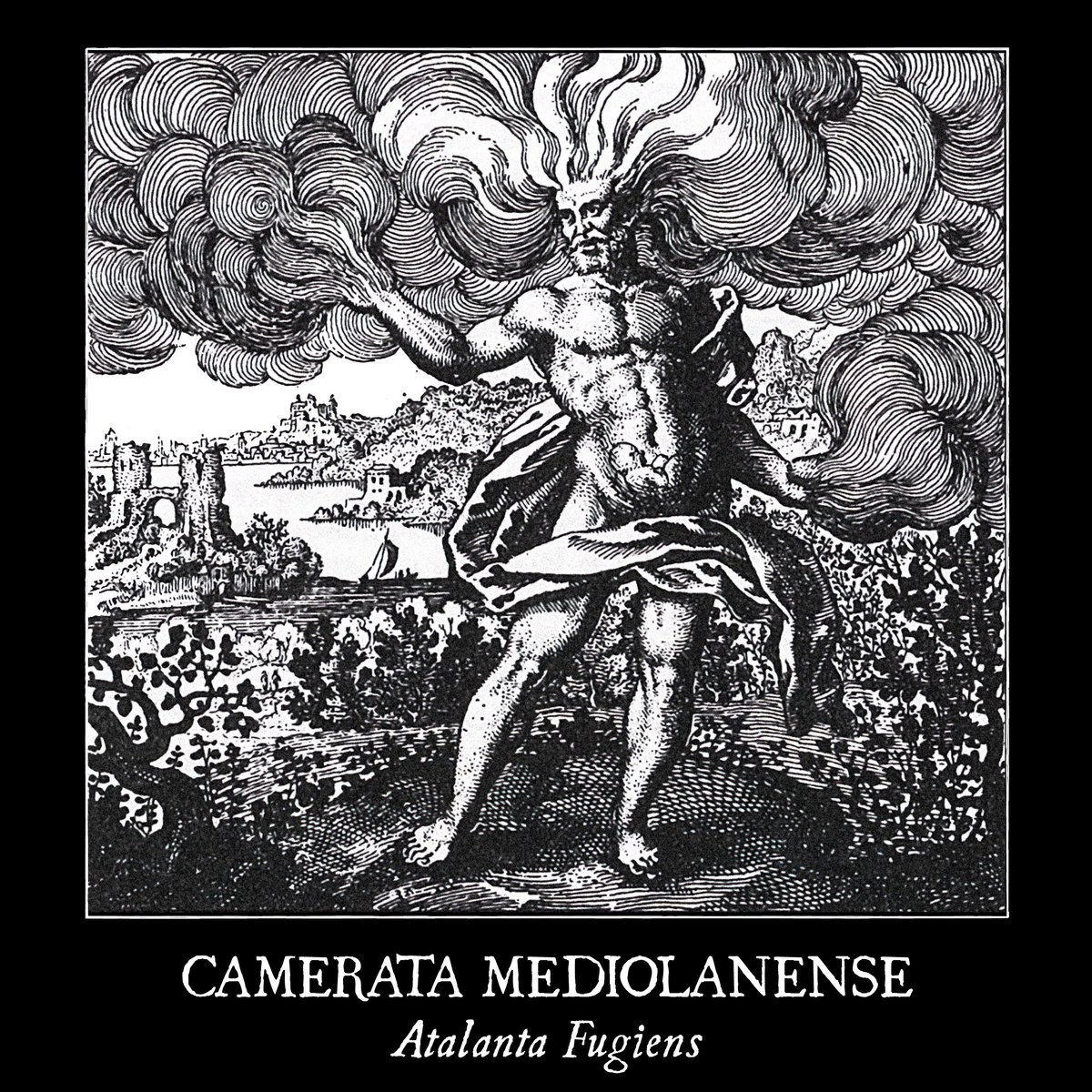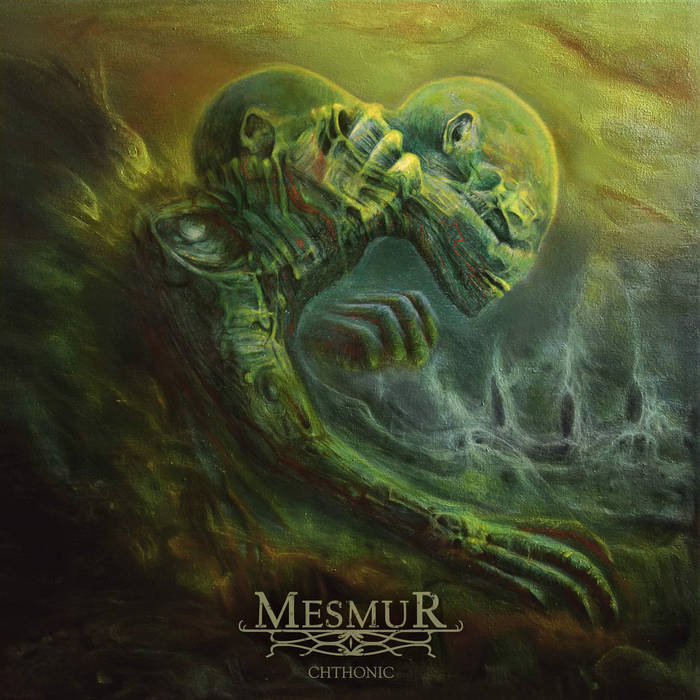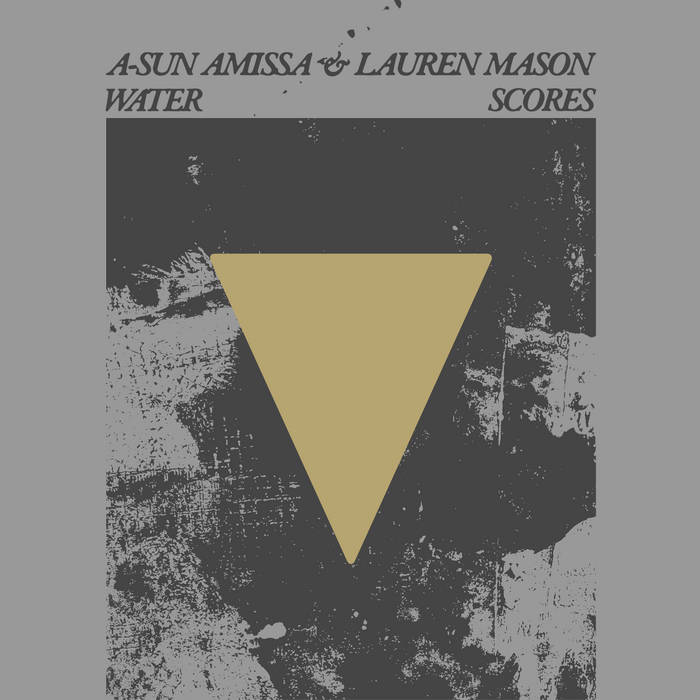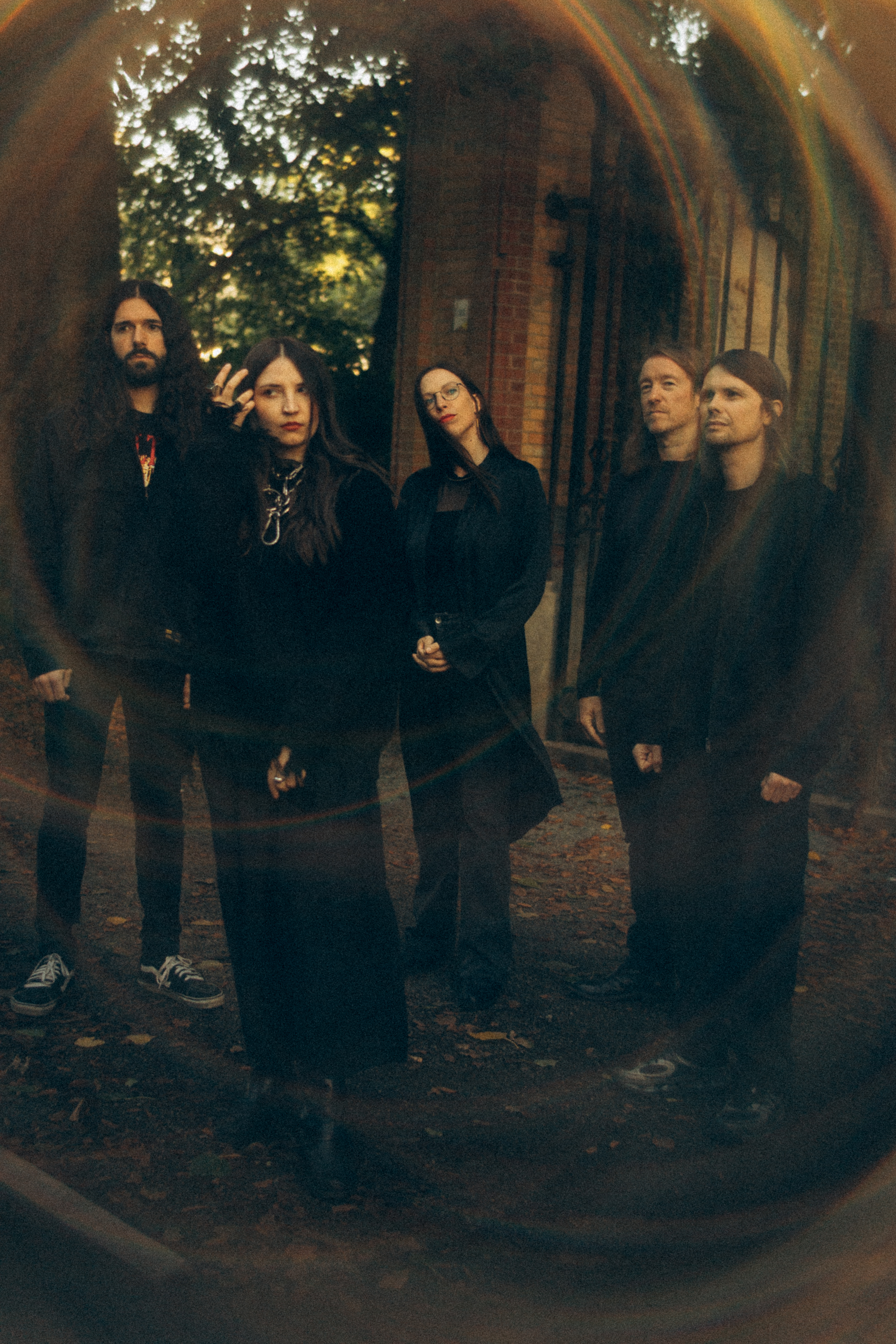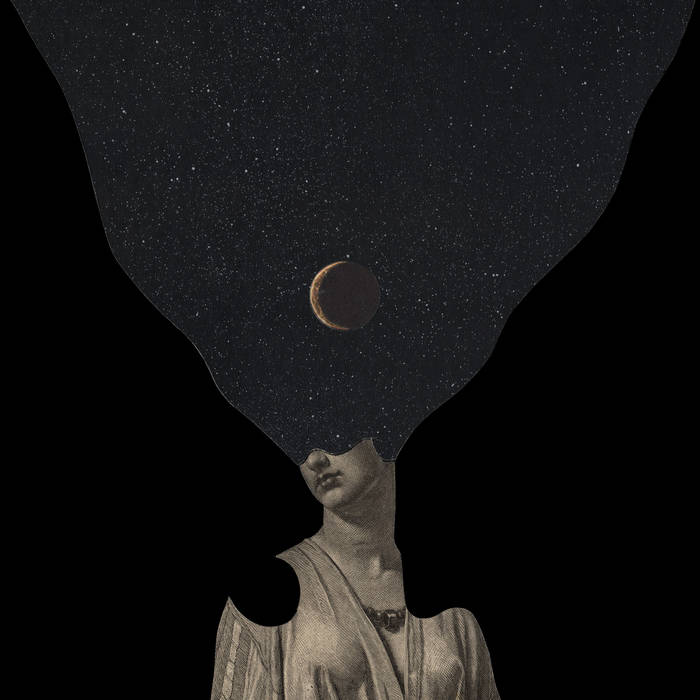Leaving home, be it by choice or by force. Finding new homes. Yearning for familiarity, yet learning to embrace the unknown. This is the outline of themes on this collection of works by Iranian composer Aftab Darvishi.
Infusing contemporary classical music with the traditional roots of her homeland, Darvishi creates pieces which are full of knowledge and well-crafted, yet forgo the elitist intellectualism you might be afraid of if you think that this is all Greek to you. (Greek readers please insert a respective saying here!)
The five tracks, which have been recorded in four different locations in Tehran, Stockholm and Rotterdam, aim directly at the listener’s emotions and don’t require an expertise in either European orchestral history or Persian folklore to be thoroughly enjoyed. Luckily so, because otherwise where would a noob like me even begin here?
Without any background information the first track “Sahar” could easily fool you into believing Darvishi was a cellist, which probably isn’t wholly wrong, since she plays multiple instruments including violin, piano and kamancheh (an Iranian spike fiddle). Yet unlike close to a hundred percent of the stuff we usually review here, this really is a composer’s and arranger’s work. That doesn’t mean the music lacks creative input from the musicians though, since you can also feel that they’re allowed and encouraged to bring their own individual personality into the music. My knowledge about musical notation isn’t exactly at expert level, but I doubt that the jazzily dirty clarinet in the title track or the slight slides in and out of harmony in “Forgetfulness” can even be written down without a margin of interpretation for the player.
Circling back to “Sahar” - what better way could there be to introduce us to the particular idea of individuality than to begin the album with this solo piece? And who doesn’t love a good cello tune anyway? No matter if you’re a fan of Jo Quail’s looping escapades or the Netflix highschool movie Metal Lords - this is the one bowed instrument we all can agree on, right?
Inspired by a regional morning call which is traditionally performed with vocals and tanbur lute, it is probably not a pure coincidence that this piece reminds me of Saba Alizadeh, a master on the aforementioned spike fiddle and Darvishi’s labelmate on 30M Records.
Droning and foreboding, but also longing and hopeful “The Hidden Dream” distills the polarity of the whole album into one piece which feels like a Morricone score here and something baroque there with seemingly very little effort. It still surprises and sounds rather unfamiliar to hear just four saxophones (namely the Stockholm Saxophone Quartet) in a chamber music context. Given how amazing it works here, one wonders why the instrument is so seldom connected with orchestras in the first place. To answer that question I recommend looking up Adolphe Sax (1814-1894) and his struggle of establishing his invention. It’s a little too complex to elaborate here, but there are several interesting write-ups and video essays about that subject a couple of clicks away out there. Please just do that in a new browser tab, ok?
The title composition “A Thousand Butterflies” is carried by piano and clarinet, and I only realized that after listening to it several times, because its musical narrative is so rich that it feels much bigger. There are a couple of instances where you can clearly hear clattering ambient noises, which increases the naturalism and intimacy of the recording.
The fourth track “Forgetfulness” is by far the oldest one, not having been recorded in 2021 like the rest, but already in 2014. Performed by strings and winds, it sounds the closest to what the common listener would expect from classical orchestral music. Simultaneously it’s also the most direct and obvious combination of Orient and Occident, with Eastern melodies dancing around each other in a very Western (Beethovian? Please don’t nail me down on this!) way.
Oppositional to my shrinking descriptions of them each new track of the album is in fact longer than the previous one, culminating in the quarter-hour long, most experimental and evocative “Plutone”. If this appeared either on an ambient album by Wang Wen, during an excellently cast kraut rock jam session or the end credits of a hard science-fiction movie set in the vastness of space - it wouldn’t be out of place anywhere.
No matter whether you imagine yourself in a cavern or under a starry night sky in the desert, “Plutone” is the most mysterious and dreamlike experience on an album that, by combining different cultures and traditions, personal and over-arching inspirations, leads you through new worlds in each piece.
And no matter from which home you are starting and how far out of your comfort zone you think this journey might take you - I say chances are high that it’s very well worth it.




